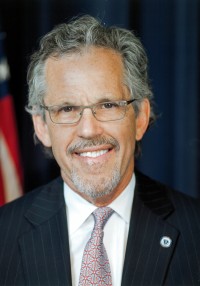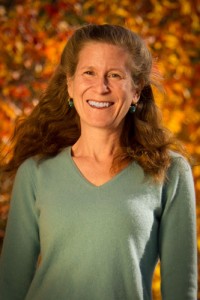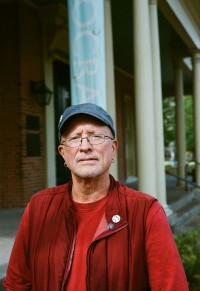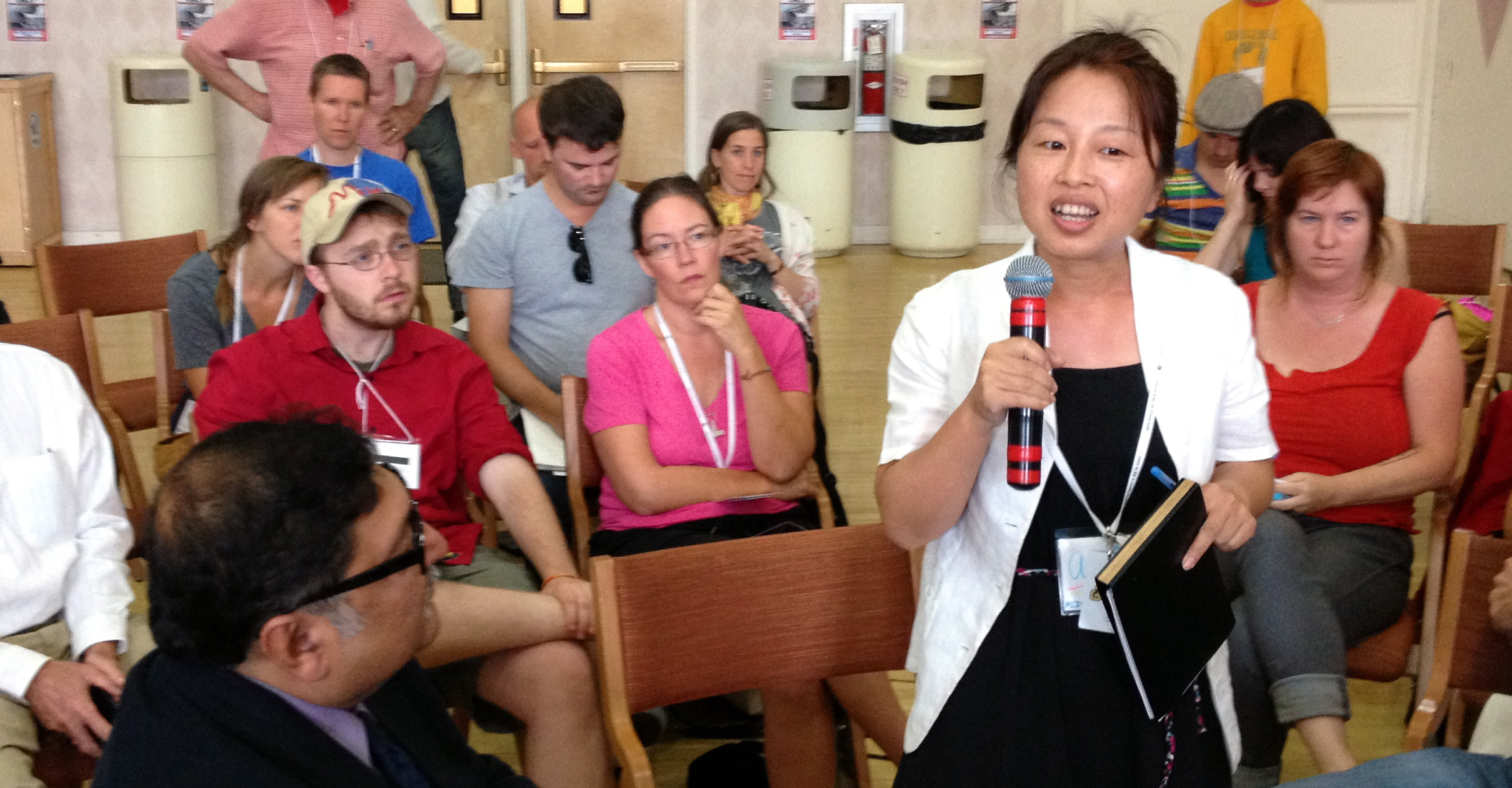
The following interview is shared with you by both Paul Reville and Isaac Graves. To learn about this interview series and reproduction, citation, and copyright information, please click here. To find out more about Paul Reville, click here.
Paul Reville
 Isaac Graves: What does community mean to you?
Isaac Graves: What does community mean to you?
Paul Reville: I think of various kinds of communities. There are communities that we all have in our lives. There are geographic communities where we live. There are religious communities, that have to do with being communities of faith, where we worship. There are friendship communities of various kinds in our lives. From the standpoint of my profession, I think about education communities, first and foremost. How we work in the policy work that we do, and the leadership work we do, in the realm of education to create communities of learners.
IG: How does community play out in your life?
PR: I'm just going to focus on the professional piece, because this is not so much about me, as it is about my work. As we go into different schools, and we work with school folks about how we educate young people, and how we close achievement gaps, you find a lot of variance within and between schools, but mainly between schools, and sometimes between school districts, in terms of the kind of intentional community or unintentional community that gets created in the school.
While some attention has been paid to this in our field, my own belief is, not enough attention has gone into how you establish your community. For example, it's characterized by high expectations for everyone. It's characterized by a commitment to hard work. It's characterized by a kind of caring involvement between teachers and students, where teachers not only own the academic performance of their students, but care about the students in a personal sense, and are willing to do what it takes in helping the students through personal challenges in their lives, so that they can concentrate fully on the academic tasks at hand. Those are some of the kinds of challenges that we face.
IG: What do you find most meaningful about community?
PR: Where students feel respected, and where they feel that the adults in their community, not only have high expectations of them, but are committed to working with them to realize those expectations, no matter what the obstacles, then you have, typically, very high functioning kind of community. Where you have the absence of that, where you have students passing through school largely anonymous, where they don't really know an adult, let alone have an adult who is an advocate for them, or somebody who embodies the school's expectations for them, then that lack of community is unhealthy for students. It means that they've lost an opportunity for achievement that they might otherwise have.
I guess what I'm saying is, in the high-performing schools that I encounter, there is a tremendous sense of interconnectedness among the people who work there, both in a professional and a personal sense, that they're making a go at this together, that they're a team, and that they hold one another in high regard. Going along with that is a sense of professional and personal accountability; that there are norms that are established in the school that far exceed in their power, any external norms we might propose with mandates or legislation, or dictates from on high. Those kinds of, for example, professional norms and expectations that teachers have of one another, or that students have of one another, with respect to their behavior, those come about from a sense of community.
IG: What's missing in community? [What is an ideal community to you?]
PR: I said a little bit about what I think the ideal community is, and so therefore, what's missing in some schools, that sense of high expectation is missing. In other schools, that sense of deep personal and professional commitment that teachers have to students is missing. For example, sometimes schools are just serving too many students to be able to get personally involved in that way. In many schools, the structure of the schedule and the way in which students and teachers interact with one another is absent. In many schools, there isn't a real culture of student involvement and student ownership of the education environments. Students don't feel part of it. They don't feel connected to one another. They don't feel an obligation to the next generation of students coming along. Those are the principal things that you find missing. The flip side of that is, those are the characteristics of an ideal community.
IG: What does a democratic education mean to you?
PR: It's an education in which everyone has some kind of voice and involvement in shaping the community of learners. It doesn't necessarily put everyone on a par, but it says that we're going to run a school community here, in which everybody feels respected, considered, and consulted, as we build and shape this community moving forward. We have opportunities, forums of various kinds, advisory groups of various kinds, in which key constituencies tend to participate, and people who have opinions and voice to lend to particular issues, have the opportunity to share that in the development of education policy, and in the shaping of education communities.
IG: How does education play out in your life?
PR: That's such a … I really don't know what to do with a question like that. My life is all about education. Education is possibility. My life is full of possibilities, and in my day-to-day work, I'm blessed with working on shaping communities of learners all across Massachusetts.
IG: What do you find most meaningful about education?
PR: It connects people to possibility. It connects people to opportunities for enriching the human experience.
IG: What's missing in education?
PR: Broadly speaking, we're not successful in education for all of our students. There are a great many students who are not benefiting from education the way that I described. They experience school, but they're not enriched as human beings. They don't feel connected to new possibilities. They haven't mastered a set of skills or a body of knowledge, that will help them be successful later in life. We have not yet discovered a set of strategies which enables us to educate all of our students at a high level, to optimize possibilities for all of our students. We've got a gap in terms of our aspirations and our actual performance. What's missing is strategies to realize those aspirations.
IG: What is an ideal education to you?
PR: An ideal education is something that broadens and expands a student's experience, that broadens their mind and their way of thinking about themselves and their place in the world. It's one that creates possibilities for students, both intellectual possibilities and practical possibilities. It's one that creates connections between students and teachers, between students and one another, between students and the world that surrounds them, so that their experience becomes meaningful.
In the end, it's an education that prepares them to be well developed, highly engaged young people, embracing the challenges that exist for our society. It enables them to get a 21st century job to support themselves. It enables them to be citizens in a democracy and leaders in that democracy. It enables them to be heads of families, with all the values and character traits we associate with that. It enables them to be lifelong learners, capable of addressing all kinds of intellectual and practical challenges that they encounter in the future, for which education has not specifically prepared them, but has generally given them the intellectual power and the discretion and the disposition to tackle meaningful challenges in their personal, and professional lives.
IG: What do you think people should know about the relationship between community and education?
PR: Community is about relationships; people being in relationship to one another, and being in relationship to the content with which they're working. Community is where people are attentive to those relationships and strengthen those relationships, and build high expectations into those relationships. That has considerable power in motivating both adults and students to do their best and to supply motivation. When we think about learning, we frequently think about teacher and student and curriculum. What's critical in that transaction between teacher and student and curriculum, is that the parties who come to the table are motivated. When they're motivated, they supply the energy and the effort that is an essential ingredient in learning. Relationships are powerful motivating forces. Building an education community that internally motivates all the various parties, all the constituencies, all the people to do their best and engage one another to benefit from being a team but to prosper individually, that's what we want to see in education communities.
IG: Is there anything else you would like to add?
PR: We have to be more intentional about creating education communities, and educational leaders need to be more attentive to how they're going to use the leadership opportunity to create genuine communities of learners. That will make all the difference, in terms of student learning, in the end. A great deal of our focus these days goes on the strategies of instruction. Those strategies are important, but instructional strategy alone will not be sufficient to close achievement gaps or to push people to their greatest possibility, if students don't feel motivated, engaged, cared for, cared about, and part of a caring community with high expectations. It's front-and-center important work to do, in education, and I welcome the focus you've been bringing to it.


 Isaac Graves: What does community mean to you?
Isaac Graves: What does community mean to you?
 Isaac Graves: What does community mean to you?
Isaac Graves: What does community mean to you?
















